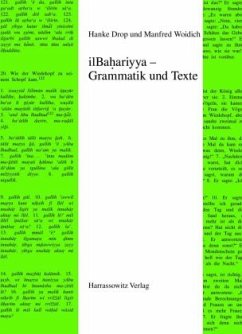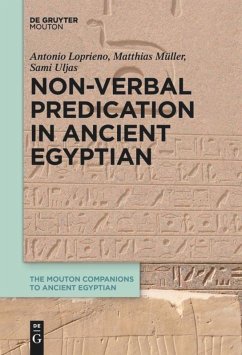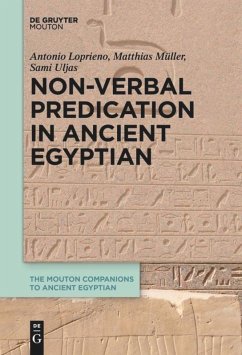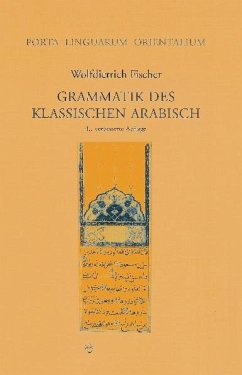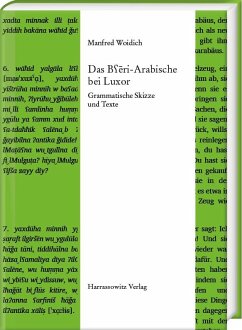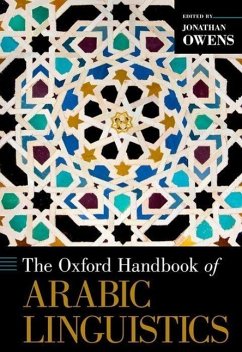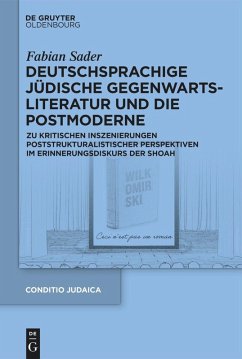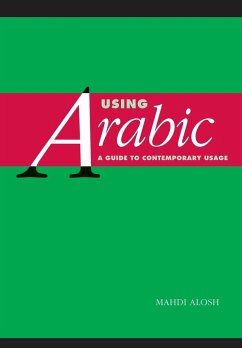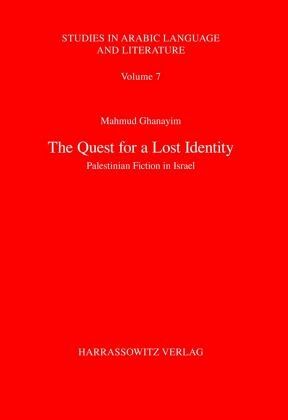
The Quest for a Lost Identity. Palestinian Fiction in Israel
Versandkostenfrei!
Versandfertig in 6-10 Tagen
38,00 €
inkl. MwSt.

PAYBACK Punkte
0 °P sammeln!
Arabic fiction by Palestinian writers in Israel underwent a rebirth with the establishment of the State in 1948 - an event affecting not only the land that had been Palestine, but the entire region. In The Quest for a Lost Identity, Mahmud Ghanayim probes in considerable detail this creative process over the last half-century. Adopting a strictly literary treatment of the new situation, he reconstructs the various stages in the evolution of Palestinian literature and its difficult existence under martial law. Perusing works by such writers as Hanna Ibrahim, Atallah Mansur, Muhammad Ali- Taha, ...
Arabic fiction by Palestinian writers in Israel underwent a rebirth with the establishment of the State in 1948 - an event affecting not only the land that had been Palestine, but the entire region. In The Quest for a Lost Identity, Mahmud Ghanayim probes in considerable detail this creative process over the last half-century. Adopting a strictly literary treatment of the new situation, he reconstructs the various stages in the evolution of Palestinian literature and its difficult existence under martial law. Perusing works by such writers as Hanna Ibrahim, Atallah Mansur, Muhammad Ali- Taha, Tawfiq Fayyad, Muhammad Naffa Naji Zahir, Riyad Baydas, and others he highlights the efficacity of ideologically-driven literary criticism monitoring the direction and literary strategies underlying the cultural revival generated by this national minority. The author of this penetrating monograph deftly etches the new Palestinian self-image emerging from this literary rebirth with its ardent ambition to create an esthetically-inspired rather politically-monitored literature. Perhaps no Palestinian writer of calibre exemplified better than Emile Habibi the aspiration to break away from the grip of local cultural conventions to achieve artistic modernity. In effect, this doyen of Palestinian literature succeeded in meeting the expectations of three highly demanding readerships comprising the local Arab minority, the Jews, and the Arab world outside Israel.



